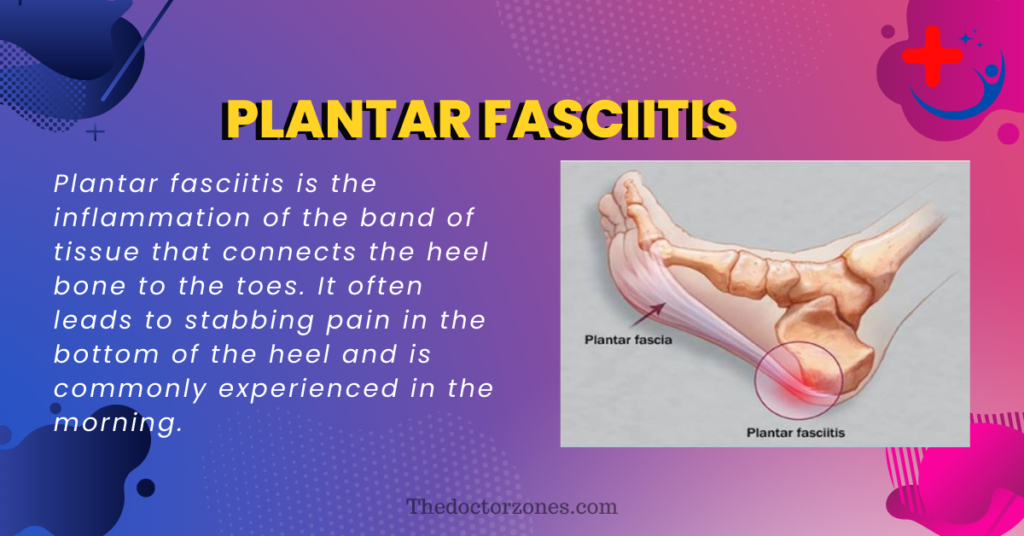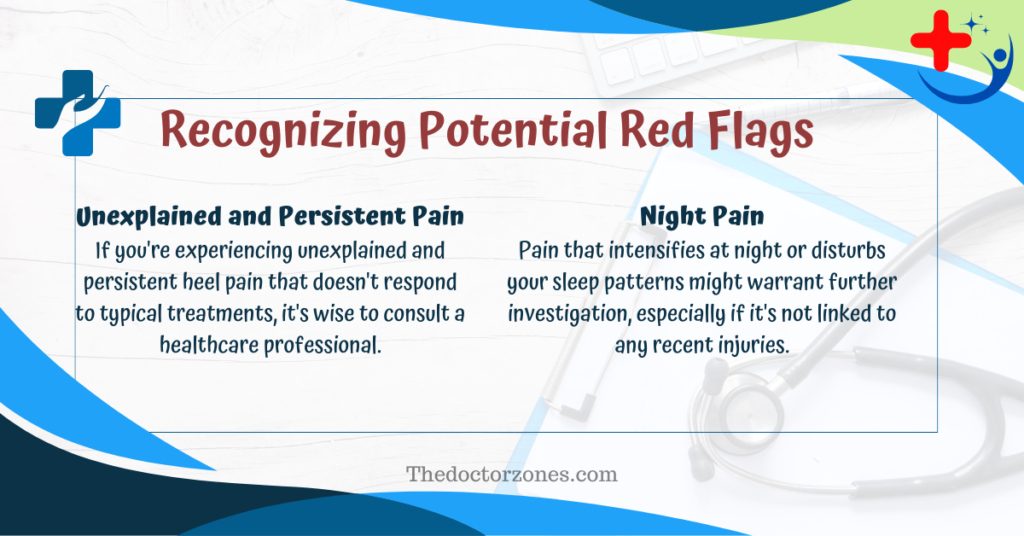Is Heel Pain a Sign of Cancer
Heel pain is a common ailment affecting countless individuals across various age groups. Whether you’re an athlete or someone with a sedentary lifestyle, experiencing discomfort or pain in the heel can significantly impact your daily activities and quality of life. In this detailed guide, we’ll explore the various causes of heel pain, how it is diagnosed, treated, and importantly, its possible links to more serious conditions such as cancer.
What Causes Heel Pain?
Heel pain can stem from a variety of sources. The most prevalent causes include conditions such as plantar fasciitis, Achilles tendinitis, and heel spurs. These conditions are primarily due to overuse injuries or wear and tear. However, heel pain can also arise from stress fractures, inappropriate footwear, or even systemic diseases like arthritis. Understanding these factors is crucial for effective management and prevention. Read about How Does Cancer Man Test You.
Signs and Symptoms of Heel Pain
Recognizing the signs of heel pain early can lead to a quicker diagnosis and more effective treatment. Common symptoms include:
- Sharp, stabbing pain in the bottom of the heel
- Increased discomfort after periods of inactivity or in the morning
- Swelling or tenderness at the heel
- Pain that gradually worsens with weight-bearing activities
How is Heel Pain Diagnosed?

To diagnose heel pain, doctors typically start with a physical examination, assessing the foot for areas of tenderness and swelling. Imaging tests such as X-rays, MRIs, or ultrasounds may be required to rule out bone fractures or other abnormalities. This comprehensive evaluation helps in identifying the exact cause of the pain, be it mechanical issues or an underlying systemic condition. Discover about What is Kydae Cancer
Heel Pain Treatment Options
Treatment for heel pain varies depending on the diagnosis but often includes:
- Rest and ice therapy: Essential for reducing inflammation and pain.
- Physical therapy: Includes stretches and strengthening exercises to restore function.
- Orthotics: Custom inserts that correct structural abnormalities.
- Medications: Over-the-counter pain relievers or anti-inflammatory drugs.
- Surgical options: Considered when conservative treatments fail.
Is There a Link Between Heel Pain and Cancer?
Heel Pain During Cancer
While heel pain is typically related to mechanical or degenerative issues, in rare cases, it can be a symptom of cancer. Certain cancers such as lung or breast cancer can metastasize to the bone, presenting as heel pain. This is particularly concerning if the pain persists despite standard treatments or is accompanied by other unusual symptoms such as unexplained weight loss, fatigue, or night pain.
Uncommon Symptoms of Cancer
Apart from heel pain, other uncommon cancer symptoms that should prompt immediate medical evaluation include:
- Unexplained and persistent pain
- Night sweats
- Unintentional weight loss
- Lumps or swelling in any part of the body
Should You Be Concerned About Heel Pain and Cancer?
How is heel pain evaluated by doctors

For most people, heel pain is not a sign of cancer. However, it’s important to be aware of the red flags that could indicate a more serious condition. If your heel pain is persistent, does not improve with standard treatments, or is accompanied by systemic symptoms, it is advisable to seek further medical advice.
When to Seek Medical Advice for Heel Pain
Is Heel Pain a Sign of Cancer
Immediate medical consultation is recommended if you experience:
- Heel pain that persists or worsens
- Symptoms that do not improve with rest or treatment
- Signs suggestive of an infection, such as fever, redness, or warmth
Conclusion
Understanding the wide range of causes and treatments for heel pain is essential for effective management and prevention. While heel pain is often due to benign conditions, its association with more serious diseases like cancer highlights the importance of a thorough evaluation by healthcare professionals. Remember, early detection and treatment of the underlying causes of heel pain can lead to better outcomes and improved quality of life. If you have any concerns about persistent heel pain, it’s crucial to consult with a healthcare provider for appropriate diagnosis and management strategies.
FAQS
Q 1: Can Heel Pain Be a Symptom of Cancer?
A: While heel pain is commonly caused by conditions like plantar fasciitis or Achilles tendinitis, it can occasionally be a symptom of cancer. Bone metastases from cancers such as breast or lung cancer might manifest as persistent heel pain. It’s important to consult a healthcare professional if heel pain is accompanied by other unexplained symptoms like weight loss or fatigue.
Q 2: How is Heel Pain Diagnosed?
A: Heel pain is typically diagnosed through a physical examination where the doctor assesses pain points and mobility. Imaging tests such as X-rays, MRIs, or ultrasounds may be necessary to confirm the diagnosis by identifying underlying causes like fractures, heel spurs, or soft tissue damage.
Q 3: What Medical Conditions Cause Heel Pain?
A: Several medical conditions can cause heel pain, including plantar fasciitis, Achilles tendinitis, heel spurs, and bursitis. Systemic conditions like rheumatoid arthritis or gout can also lead to heel discomfort. Chronic conditions such as obesity or poor posture might contribute to the development of heel pain over time.
Q: What Are the Red Flags for Heel Pain That Might Indicate a More Serious Issue?
A: Red flags for heel pain that might indicate a more serious issue include pain that doesn’t improve with rest or treatment, pain at night or while resting, severe swelling and redness, and heel pain accompanied by systemic symptoms such as fever, weight loss, or fatigue. These symptoms warrant immediate medical attention.
Q: When Should I Seek Medical Advice for Heel Pain?
A: You should seek medical advice for heel pain if it persists despite usual home treatments, significantly impacts your mobility, or if you experience symptoms that suggest a more serious condition, such as severe pain, swelling, or signs of infection. It is also crucial to consult a healthcare provider if you notice new symptoms like unexplained weight loss or night pain, as these could indicate underlying health issues, including cancer.








